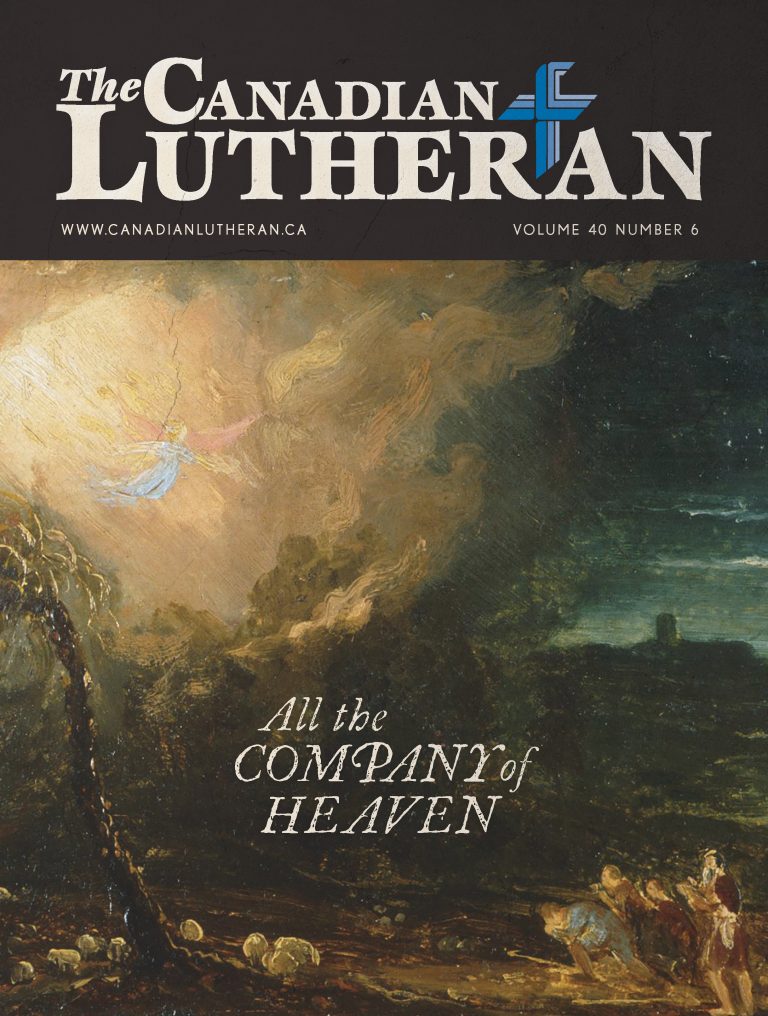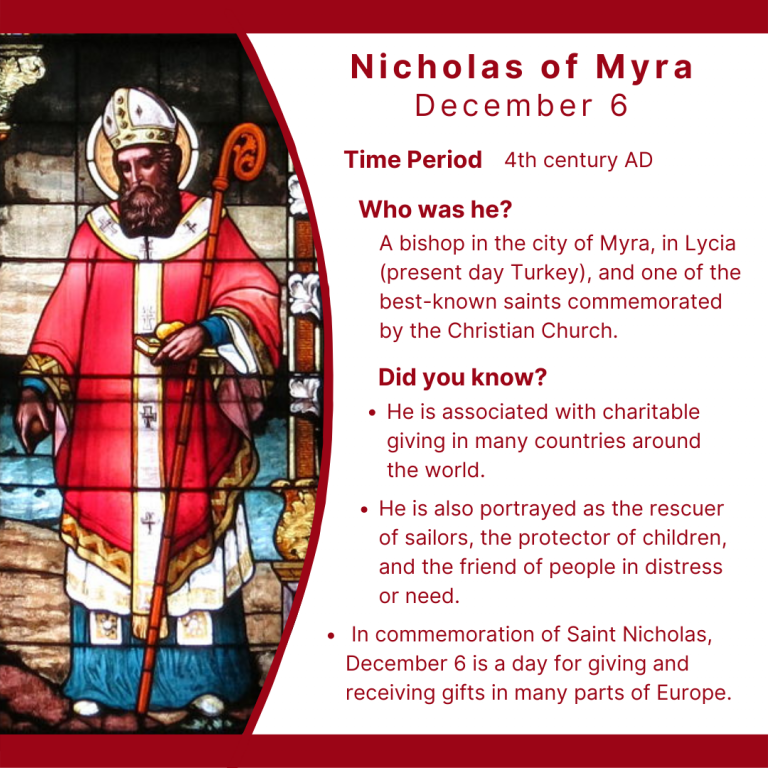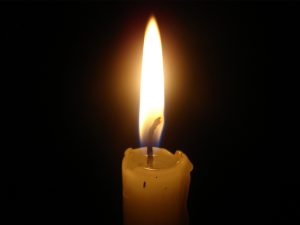When we grieve
You don’t need to be a hockey fan, have children, or be from Humboldt, Saskatchewan to have been deeply touched by the injuries and deaths from Friday’s terrible bus crash. We lament the loss of young lives we had hoped would flourish for many more years. We are saddened as we ponder the many people who now have to come to terms with such a tragic loss.
This horrific event has touched our entire nation as people from coast-to-coast have spent the last few days viewing the images of the crash site, reading the news reports, and watching Sunday’s vigil.
Events like this confront us with the reminder of how fragile and unpredictable life can be, and of how suddenly death can arrive. But they do even more than this. They threaten our sense safety and security. We may lose trust in others who we thought would keep us safe. They can threaten our faith that God will provide safety and security for our own children and others whom we love.
We grieve because of the loss of life, safety, security, and trust. Grief, simply put, is what we experience whenever something we value is harmed or taken away. Grief is anchored in love, not logic. It is connected to our ability to love and care for people and things. So, grief is not an illness but a natural and healthy response to injury; it shows we are able to love and that we continue to love. And grief touches more than just emotions. It also affects our thinking, our bodies, our relationships, and our spirituality.
Thankfully, we can integrate our grief into our lives so we not only cope, but heal. This happens as we receive the safety and support of others allowing us to authentically mourn; to give expression to all the things going on inside of us as we try to come to terms with this new reality. Real strength in the face of tragedy is not bottling it up, but having the courage to let things out.
It will take time to authentically let everything out as both we and the survivors process all that has happened. The sudden and horrific crash makes this complicated. The loss of young lives makes this complicated. The high number of victims makes this complicated.
Together we have been injured, and together we will heal.
In the face of this, how will we find healing? Together. Together we have been injured, and together we will heal. We will do it together as congregations and as communities and as the Church.
Rituals and ceremonies are important parts of coming together. Prayer vigils offer opportunities to be together, pray together, grieve together, and heal together. Candlelight vigils can bring together people from across the community to acknowledge the shared hurt, the shared loss, and the shared need for healing. Memorials and funerals, similarly, give us a designated time to gather to acknowledge the reality of all the losses, to recall the many lives lost, to give expression to our grief, to seek support, and to contemplate our lives. All these events can help us wake up to life—to consider deeply why and how we live, what it means to be Christians in this time and place, and how we wish to live meaningfully and purposefully going forward.
Beyond these, the Church can create the room for people to talk about this event, to consider life and death generally, and to reflect on this specific tragedy. We can do this in our regular events, or by creating special gatherings. This is not just for our own members, but for the people around us who are also trying to process what occurred. There are, and will be, many questions about God, tragedies, heaven, hope, and healing. We do well to give people the freedom to ask these questions, ponder them, and know that not all of them are easily answerable, if at all.
Finally, while we know in our brains that events like this can and do happen in our world, it touches our hearts when they happen close to us. As a result, what we are forced to begin is not a thinking journey, but a spiritual journey. We are on this spiritual journey together as a nation. May we, as the Church, be “little Christs” to our neighbours who need us so much right now, bringing some light in the midst of darkness.
Rev. Darren Dressler is pastor of Shepherd of the Hills Lutheran Church in Airdrie, Alberta. He has a specialist certification in grief counselling.




